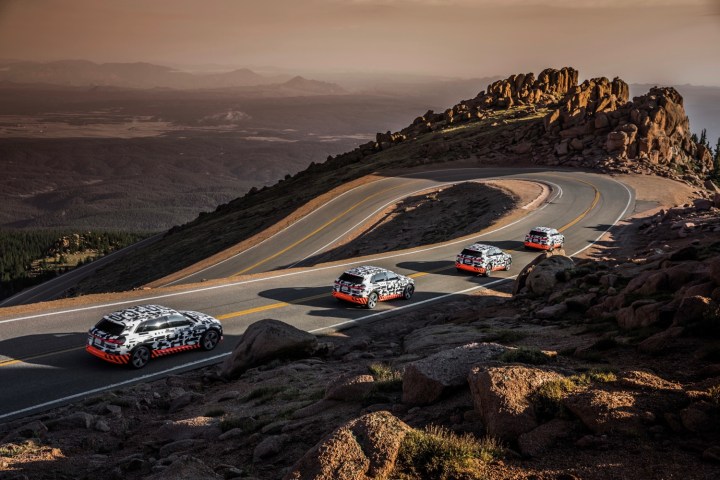 Colorado will adopt California’s zero-emission vehicle (ZEV) mandate, which requires automakers to sell battery-electric cars, plug-in hybrids, or hydrogen fuel-cell cars as a certain proportion of their overall sales, or purchase credits from other automakers to offset lower ZEV sales. Forcing automakers to sell ZEVs has helped spur sales in California, and could have the same effect in Colorado.
Colorado will adopt California’s zero-emission vehicle (ZEV) mandate, which requires automakers to sell battery-electric cars, plug-in hybrids, or hydrogen fuel-cell cars as a certain proportion of their overall sales, or purchase credits from other automakers to offset lower ZEV sales. Forcing automakers to sell ZEVs has helped spur sales in California, and could have the same effect in Colorado.
Colorado announced plans to implement the ZEV mandate in January 2019, initially receiving some pushback from an automaker trade group. But now the state and the auto industry have reached a deal. The Association of Global Automakers and the Alliance of Automobile Manufacturers — two trade groups that represent 99% of U.S. car sales — said they had reached an agreement with Colorado on the issue.
The ZEV mandate will gradually ramp up before taking full effect for the 2023 model year. Automakers that sell ZEVs in Colorado during model years 2021 and 2022 will be given credits that can offset sales goals for model years 2023 through 2025. According to the Colorado Sun, automakers who start accumulating credits ahead of the 2023 model year will be able to earn credits for out-of-state sales. But those credits will only count toward 23% of the Colorado sales goals. Once the mandate takes effect, that will increase to 36%. However, Colorado’s Air Quality Control Commission must still approve the deal.
As the 2023 model year gets closer, Colorado car buyers could start to see more electric cars in showrooms. In California, automakers have launched electric cars specifically to satisfy the ZEV mandate. These cars, such as the Fiat 500e, are sometimes referred to as “compliance cars,” and typically aren’t available in other states. But the mandate may spur automakers to bring more models to Colorado.
Current federal regulations allow California to set its own, stricter, emissions standards. Other states have the option to follow California’s standards in place of the federal regulations. The Trump Administration has indicated it wants to strip California of the right to set its own emissions standards, as part of a broader effort to roll back regulations. California recently reached a deal under which Ford, Honda, BMW, and Volkswagen acknowledged the state’s right to set its own standards, but also lowered the emissions-reduction target. It’s possible that this agreement will be adopted by other states that follow California’s rules — including Colorado.


